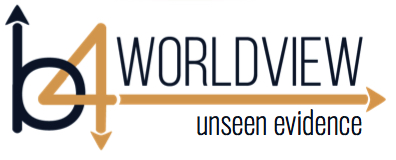
Key Thought for this session:
“If any outcome of life is acceptable to me, then any path will get me there.”
When two alternatives produce the same outcome, then your choice is called preferential.
When two alternatives cannot both produce the same outcome, then your choices compete.
When a choice has competing options, then you must select the one that is true, because this option produces the outcome you want.
As we have discussed it is often easier to determine what is truth in the physical world, like the effect gravity has on us. Or, also, we can discover truths about the body because the body is observable. We can experiment with the body to find it needs air, water and certain kinds of nourishment.
However, it gets more difficult to know which competing worldviews are true when it comes to matters of the soul and spirit because we can’t observe these with physical senses. Throughout history theologians, philosophers, anthropologists, and other experts have made little if any progress to establish consensus on what is true about many matters of our souls and spirits.
When these debates about soul and spirit involve competing worldviews, where the two sides of a debate cannot both be true, even the relativist must make a decision about the BEST path, or risk a bad outcome. If this seems a bit confusing, let me illustrate it with a quick example from the physical world. If your car takes gasoline for fuel, and you stop at a gas station because your car is almost on empty, you will have at least two choices in most gas stations—choice 1 would be to fill your car with gas, or choice 2 would be to fill your car with diesel. These are competing choices. You will have to either decide that gas is best for your car, or, if you prefer to think of either as an acceptable alternative, then your chances of picking the diesel will be about the same as your chances of picking the gas. And if you choose diesel, then your bad outcome will be that your car will no longer run.